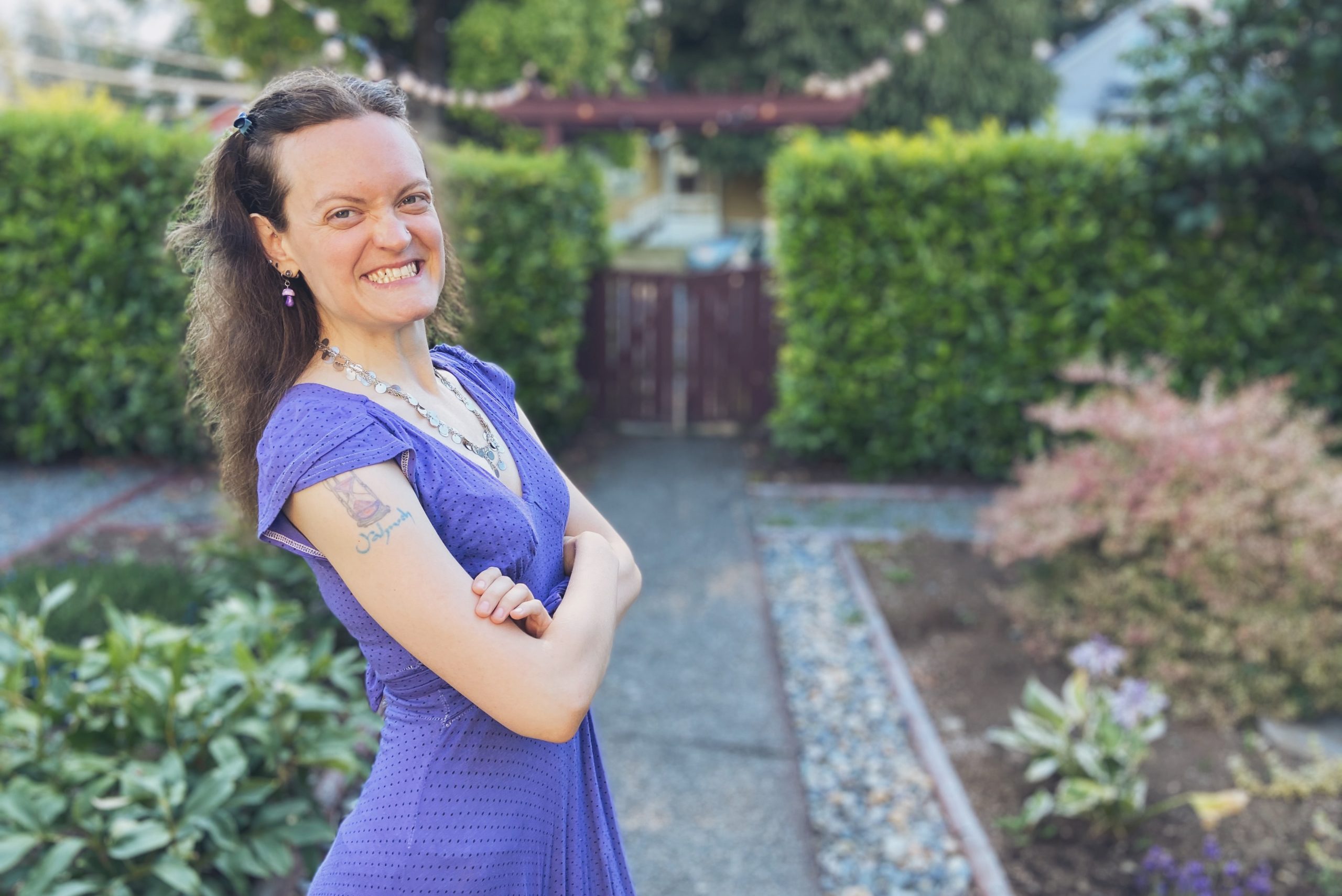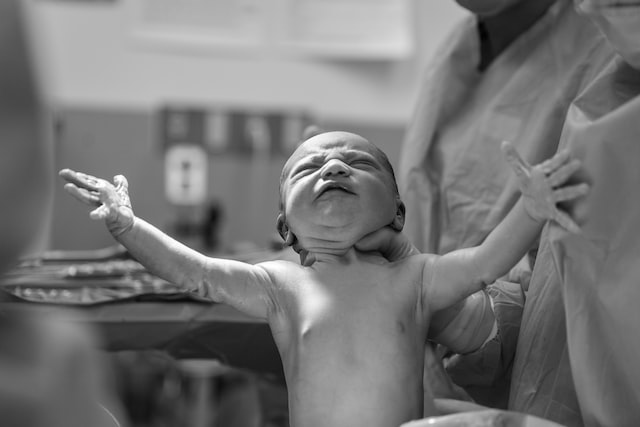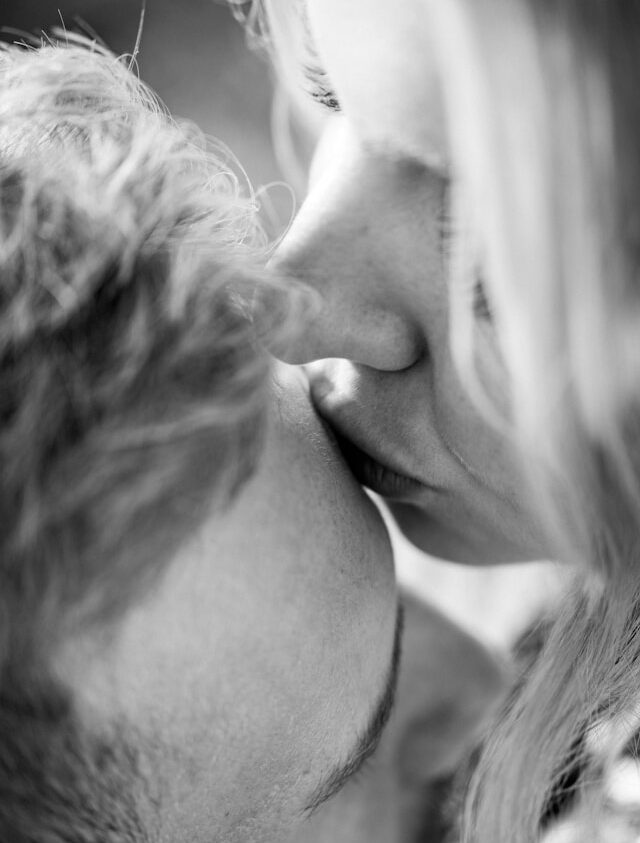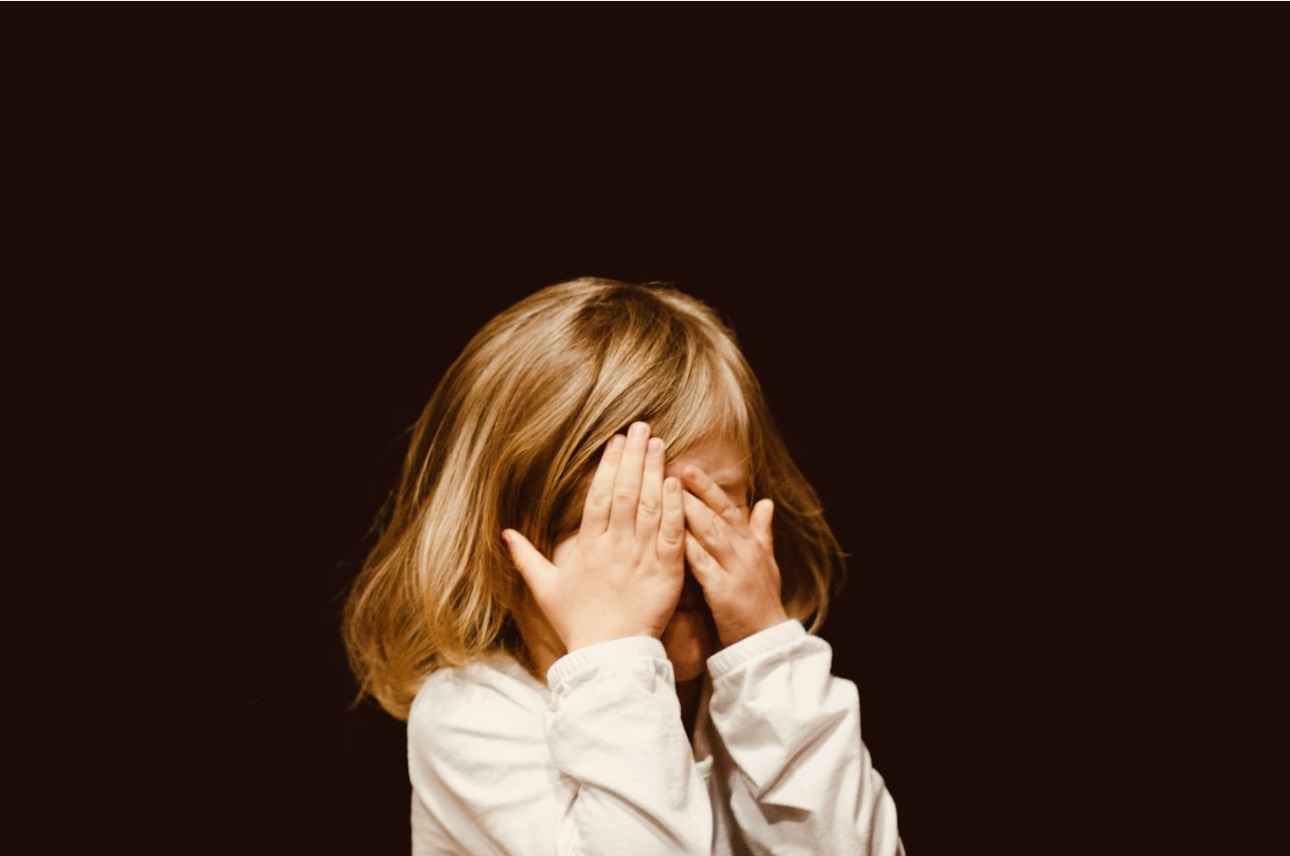How To Find Love
I was the only imperfect child. My five older siblings and I were all born in a kiddie pool my mom’s doula filled halfway with warm water in the living room for each birth and all four of my grandparents would whoop and yell at our first cries. My grandfathers would high-five each other as my grandmothers’ cheers would turn to tears at yet another reminder of how perfect humanity comes, how far from it we all end up. When I was born, there was no hooting, there were no high fives, there was no pool. No celebrating the initial if ephemeral perfection of human beings. The ultrasound had told them to expect trouble; my mother delivered me in front of only my father and the medical staff in a hospital room two weeks after my due date and I was rushed immediately into surgery to patch a hole in my heart.
They got me skin-to-skin with my mother as soon as they could after I emerged from the anesthesia, but I apparently started screaming. “By the time you were born,” dad’s mom told me after my mother died, “she’d given her heart away to her five other babies.” I was only eleven, but I felt what she didn’t say: she didn’t have enough left to even make you a whole heart.
The worst part is that the surgery didn’t even work. At my oldest sister’s wedding when I was 13, a seriously Christian exchange of vows followed by a veritable hootenanny for them and their several hundred guests, I collapsed. “So this is why the good Lord says don’t covet,” I laughed, trying to brush off the nauseating emptiness in all my blood vessels and get to my feet as fast as possible. You do not want to interrupt anything for, by, about or having anything to do with Claire. Two guys, friends of the groom perhaps, carefully lifted me off the ground and carted me off to the side; they weren’t buying my light-heartedness even though that’s literally how I felt. Light-hearted, light-headed, light-veined. Like nothing could keep me on this earth.
Except a new heart, I was told.
“Didn’t they tell you the patch was temporary?” The ER docs asked my father, who left his firstborn’s wedding to deal with his leftover kid.
The moment I was put on the transplant list, my whole family had been praying loudly and constantly for a new heart for me. But I couldn’t ask God to kill someone so I could live. Hadn’t He already done that?
My oldest brother’s long-term girlfriend Chloe died in her sleep a month after Claire’s wedding. A benign tumor they didn’t know about finally got to the size where it compressed her brain stem enough to stop her breathing in her sleep. She’d started losing her balance and feeling “like her physical experience was not matching reality” I’d overheard her tell my brother, but she was afraid to tell her mom who was already overwhelmed with her other kids who were special needs.
Depression crept up on my brother; it waited until we all stopped hovering around him to make sure he was okay, then it started taking things from him. Little things at first, like a positive thought here, a good memory there, a desire to play video games with his friends, a desire to do anything but play video games by himself. I knew when it started taking big things, like his desire for a future. He failed two classes and put his graduation from high school in jeopardy. He stopped returning his friends’ calls.
I got a new heart shortly after Chloe died. My brother pierced briefly through the depression enough to be overjoyed that I would live—or that I would stop dragging down the family with my constant dance with death. My whole family swung from the rafters with joy like I’d been raised from the dead. I felt sorry for them: had no one told them I was still going to die some day?
My father decided with the urging of his parents to opt not to know anything about the donor. “You may be able to appeal this decision when you’re 18,” the surgeon said to me. “Check with a lawyer if you have need to know sooner.” She said it like she was urging me to do so. Of course I wanted to know, so I spent the next six months researching and writing to lawyers, but that’s also when the forgetting started.
And also the lethargy. Or was it carefree-ness? Maybe you couldn’t care about things you couldn’t remember. Or maybe I stopped remembering because I stopped caring. One thing I could remember was enough about myself to know that this isn’t like me, but I didn’t care.
You’re supposed to report everything to your care team. I reported light-heartedness—metaphorically. It’s all about how you phrase things, I said to myself, quoting something my mother used to say, when I complained about a kid bullying me on the playground or not understanding what the teacher was saying in math class. I also reported increased appetite—another good thing given the weight loss induced by surgery, drugs, pain, apathy, only God knows. I also reported a welling-up feeling around my brother—increased empathy, they suggested. That made a certain kind of sense; a new heart meant full capacity in multiple areas, maybe. I forgot to report the episodes of time loss.
I surprised both myself and my brother by asking him to play video games with me. I’d never shown any interest in them; I thought they were a colossal waste of time and besides, they made me motion sick. We played all night. All the next night, too. Our younger brother tried to join us the night after, but it felt really awkward. Everyone felt it, and everyone felt that everyone could feel it. I had never been able to feel things like this before. It made my whole body pulse with exhaustion.
My father started to worry that my oldest brother was only happy when he was playing video games. My brother insisted that that wasn’t true, and I believed him: it was clear that he was only happy when he was playing video games with me. “You just get me,” he said. “I don’t know why I didn’t see that before.”
“You were only thinking of me as your little sister?” I giggled. Up to that point in my 14-year life, I had never giggled.
“You’re funny, too? How did I not know this?” He stretched the third family-sized bag of Ranch Doritos we’d started in on that evening toward me.
I didn’t know it, either, I kept from saying as I gratefully stuffed chips into my face. I’m too afraid of offending or taking attention from anyone else to risk making jokes.
“I feel like I can tell you stuff,” he said a few weeks later after more gaming marathons. “But I also feel like I don’t have to because you already know it.”
I felt the same way just before he said it. I’d never believed people when they said they could predict what another person was going to say. This wasn’t quite prediction; this was more like remembering.
How do you remember something you didn’t ever know?
On the one-year anniversary of Chloe’s death, I woke up with a jackhammer in my head. I groaned before I could contain myself and my brother leapt from his bunk above me to check on me.
“Just water and Aspirin,” I said, which felt like me. “Clearly this is Ranch Dorito withdrawal,” I called after my brother, which did not sound like me, as he went to fetch my requests.
He came back with a huge glass of fizzy water with a slice of lemon on it, a small bouquet of flowers he must have picked from the yard quickly, and a handful of Aspirin arranged in a heart. “This is a whole day’s worth now,” he said as I plucked the two at the points of the heart. A grownup had to administer the opioids I was prescribed just in case.
When I’d convinced him I really was fine, I expected the gaming to resume. He swiveled his gaming chair around instead.
“I really loved her,” he said, his voice cracking but his face neutral.
“She was pretty great,” I said in this annoyingly sarcastic tone I’d somehow picked up.
He nodded. “Fuck, I miss her.”
“Uh, is it weird if I say me too?” I knew the moment I said it that it was.
“Yeah, it kind of is.” He frowned. “But why?”
I wanted to say “because she’s here with us,” but I hurled all over the carpet with the realization. My brother was not revolted. All traces of depression evaporated. His eyes brightened and his shoulders squared. He whistled a Good Charlotte song as he scrubbed my mess away.
I don’t know if this meant my brother knew at that moment like I did, but I know he figured it out by the end of the day. He brought a top that Chloe had left over here that had been stuffed in the back of my brother’s closet for a year and beamed as he handed it to me. I filled with dread as I put it on and resumed level 17 of seeking the path to the immortal kingdom with him, silent as he chattered away, catching “Chloe” up on time she missed.
I couldn’t tell if the lethargy was the “normal” level of depression they anticipate of all heart patients, if it was the lack of caring about anything that had metastasized into fantasies of doctors cracking me back open and taking back Chloe’s heart. Maybe it wasn’t the lethargy at all, but the soul-sickening survivor’s guilt that I saw no way out of except a heartful of opioids. My brother was finally happy to have “Chloe” back, and so far, I’d played along out of fear of triggering my brother to retreat back into the dangerous place, which basically amounted to the same thing.
Then again, I’d always thought I was the only imperfect person. Maybe this was my chance to change that.

Megan Wildhood is a neurodiverse writer, editor and writing coach who thrives helping entrepreneurs and small business owners create authentic copy to reach the people they feel called to serve. She helps her readers feel seen in her poetry chapbook Long Division (Finishing Line Press, 2017) as well as Yes! Magazine, Mad in America, The Sun and elsewhere. You can learn more about her writing and working with her at meganwildhood.com.



